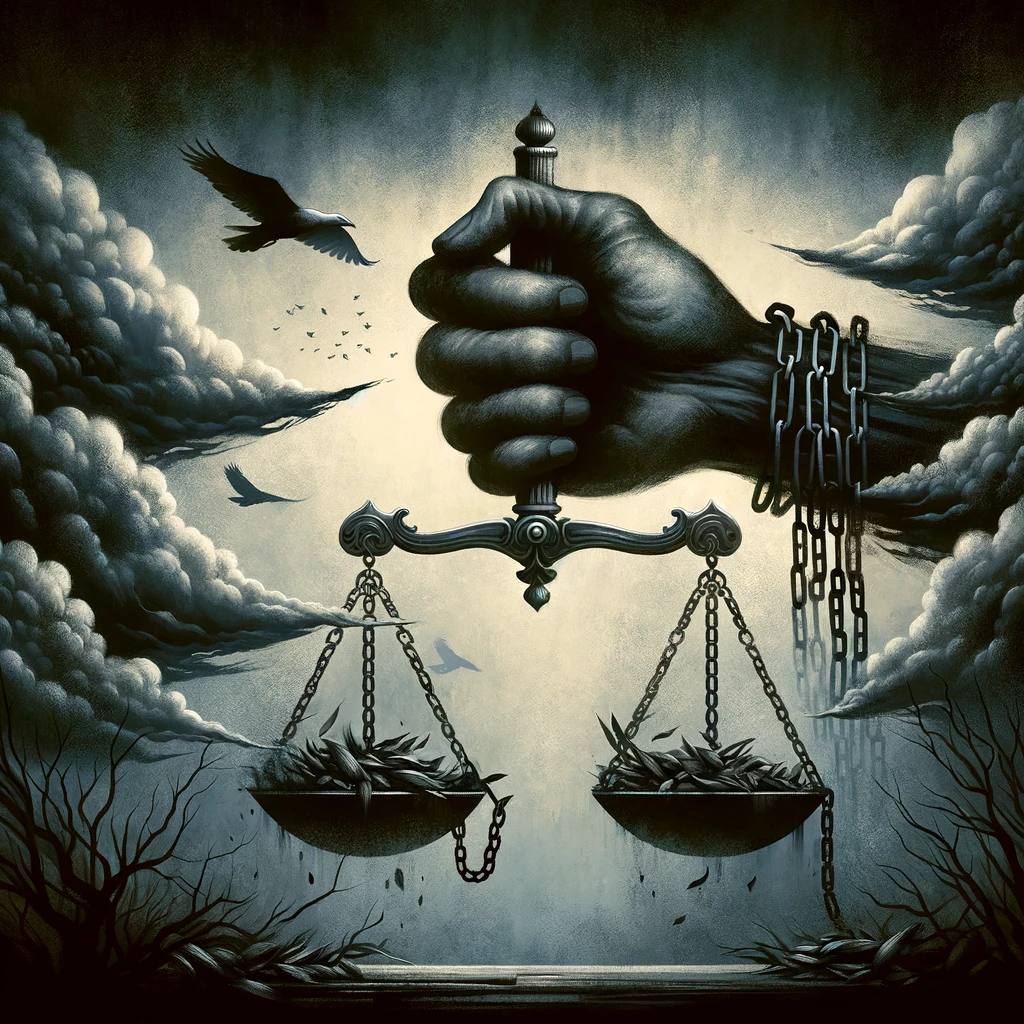In the realm of human interactions, the act of opening up to another—especially to individuals in positions of authority such as d*****s, l*****s, and spiritual guides—carries with it a profound vulnerability. This openness, while often a step toward healing and understanding, also exposes one’s weaknesses, fears, and desires. It is at this crossroads of vulnerability that the potential for exploitation emerges, highlighting a critical choice for those in power: to honor their professional and moral duty or to exploit these revelations for personal gain.
Ethical Dilemmas and The Abuse of Power
The ethical dilemma inherent in this dynamic cannot be overstated. The responsibility that comes with power—be it knowledge, position, or influence—is immense, echoing the timeless adage from Spider-Man: “With great power comes great responsibility.” However, the seduction of power can lead to corruption, where the exploitation of trust becomes a path too easily taken. This exploitation often manifests in transactions that, while offering the illusion of help or healing, serve the interests of the powerful at the expense of the vulnerable.
The Role of Psychological Manipulation
Dark Psychology and Its Impact
The deliberate use of dark psychology tactics by those in positions of power to manipulate and control is a stark reminder of the dangers of unchecked authority. These tactics exploit the natural human yearning for connection and resolution, leveraging our psychological mechanisms against us. The fleeting relief provided by such manipulation—often through the release of dopamine and serotonin—can blind individuals to the reality of their situation, leading them further away from genuine healing and understanding.
The Universal Experience of Suffering
Insights from Gurbani: “ਨਾਨਕ ਦੁਖੀਆ ਸਬ ਸੰਸਾਰ“
The wisdom of Gurbani, with its poignant observation that “the whole world is in sorrow,” offers a profound understanding of the human condition. This universal acknowledgement of suffering serves as a reminder that while our experiences of pain may vary, the underlying reality of struggle is shared. It is within this shared experience that the potential for empathy, compassion, and true healing lies, pointing us toward the pursuit of inner peace and the importance of patience and self-awareness in our journey.
The Path to Inner Peace and Empowerment
Finding Solace Within
The pursuit of inner peace and the importance of self-connection emerge as fundamental themes in navigating life’s challenges. The realization that lasting solutions and true contentment originate from within, rather than from external sources, underscores the importance of introspection, self-acceptance, and personal growth. It is through this inward journey that we can transcend the external dependencies that often entangle us, finding freedom and strength in our inner resilience.
Embracing Faith and Letting Go of Fear
The encouragement to be “Be free from fear. Be fearless and have faith in the divine.” serves as a powerful conclusion to our exploration. It is a call to trust in the journey of life, to embrace the uncertainties and challenges with faith and courage, and to recognize that our true power lies not in the external validation or guidance of others but in our capacity for introspection, compassion, and growth.
In sum, our interactions with authority figures and the dynamics of power and vulnerability demand not only caution and discernment but also a deep commitment to our own journey of self-discovery and inner peace. By fostering a strong sense of self and embracing the journey inward, we can navigate the complexities of the human experience with grace and resilience, transforming our vulnerabilities into sources of strength and wisdom.




